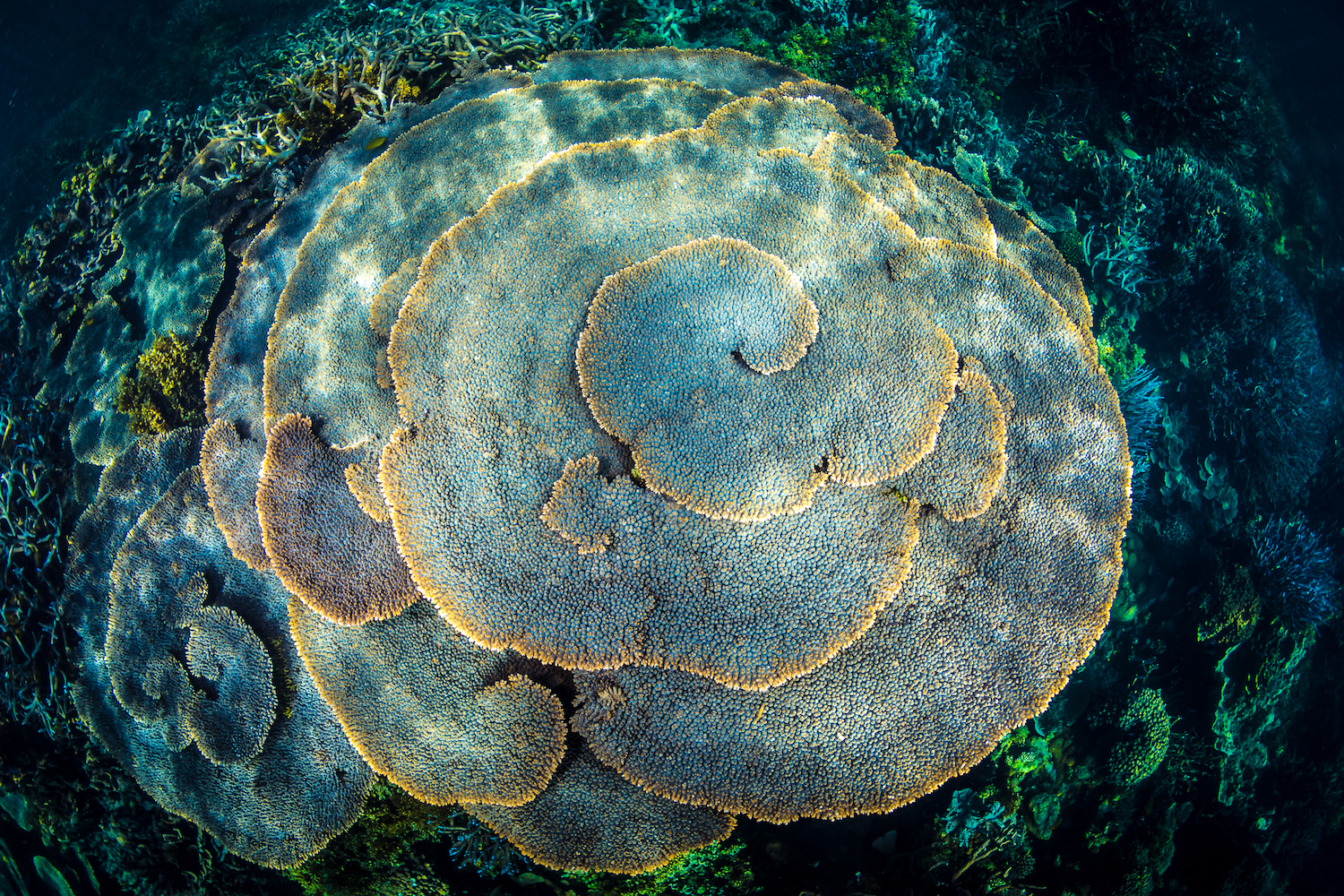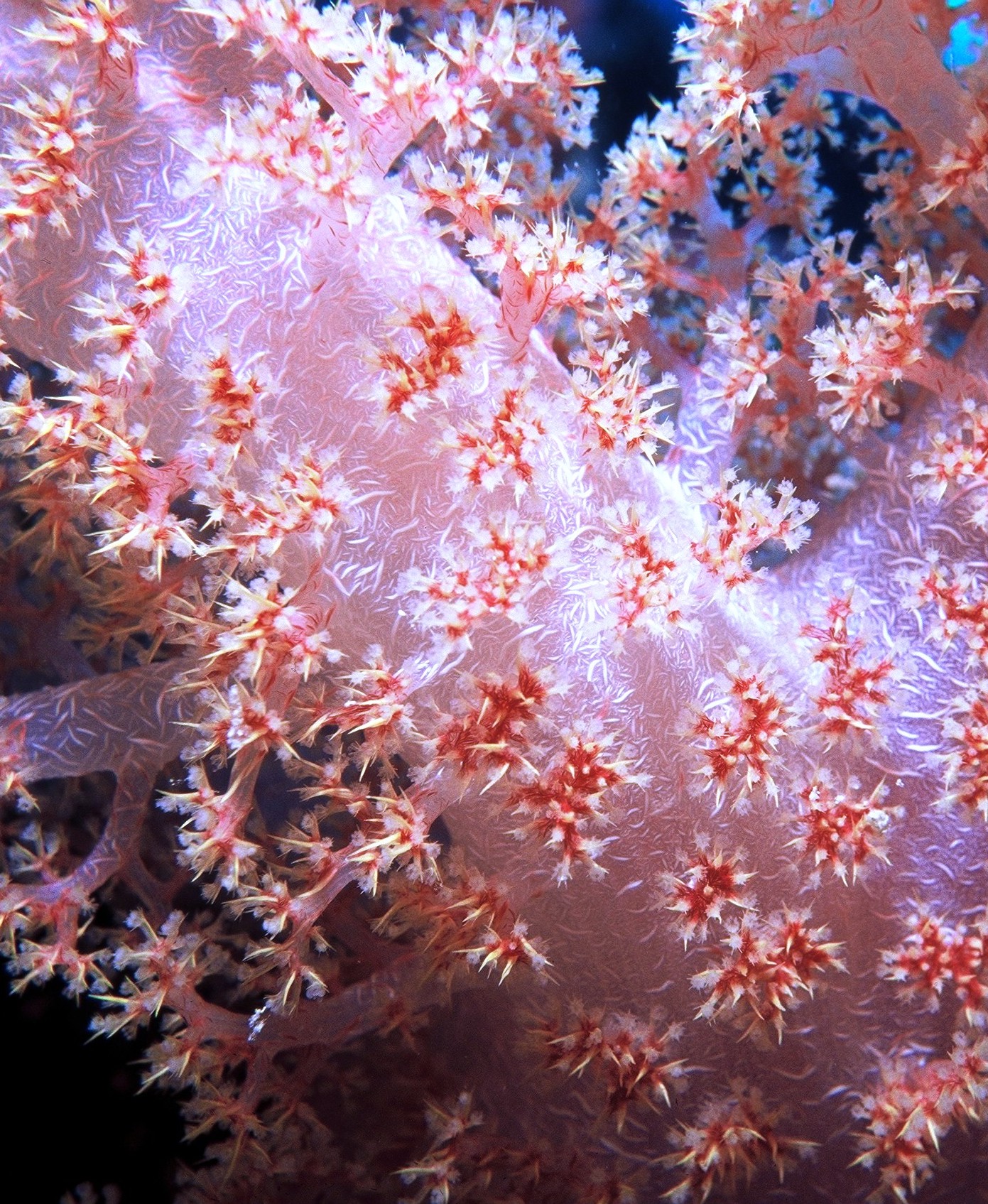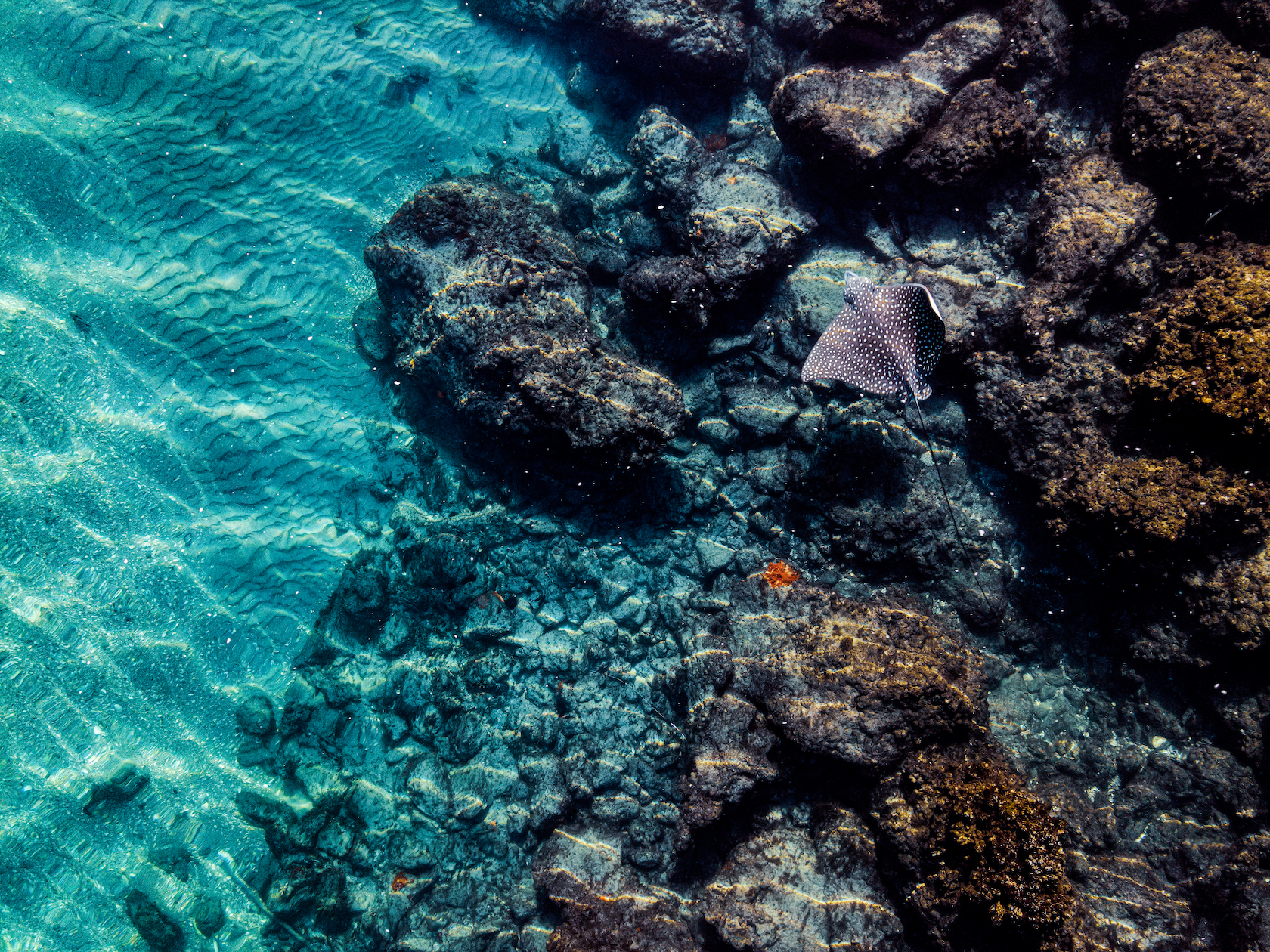Growing community power with One People One Reef in Ulithi, Micronesia.
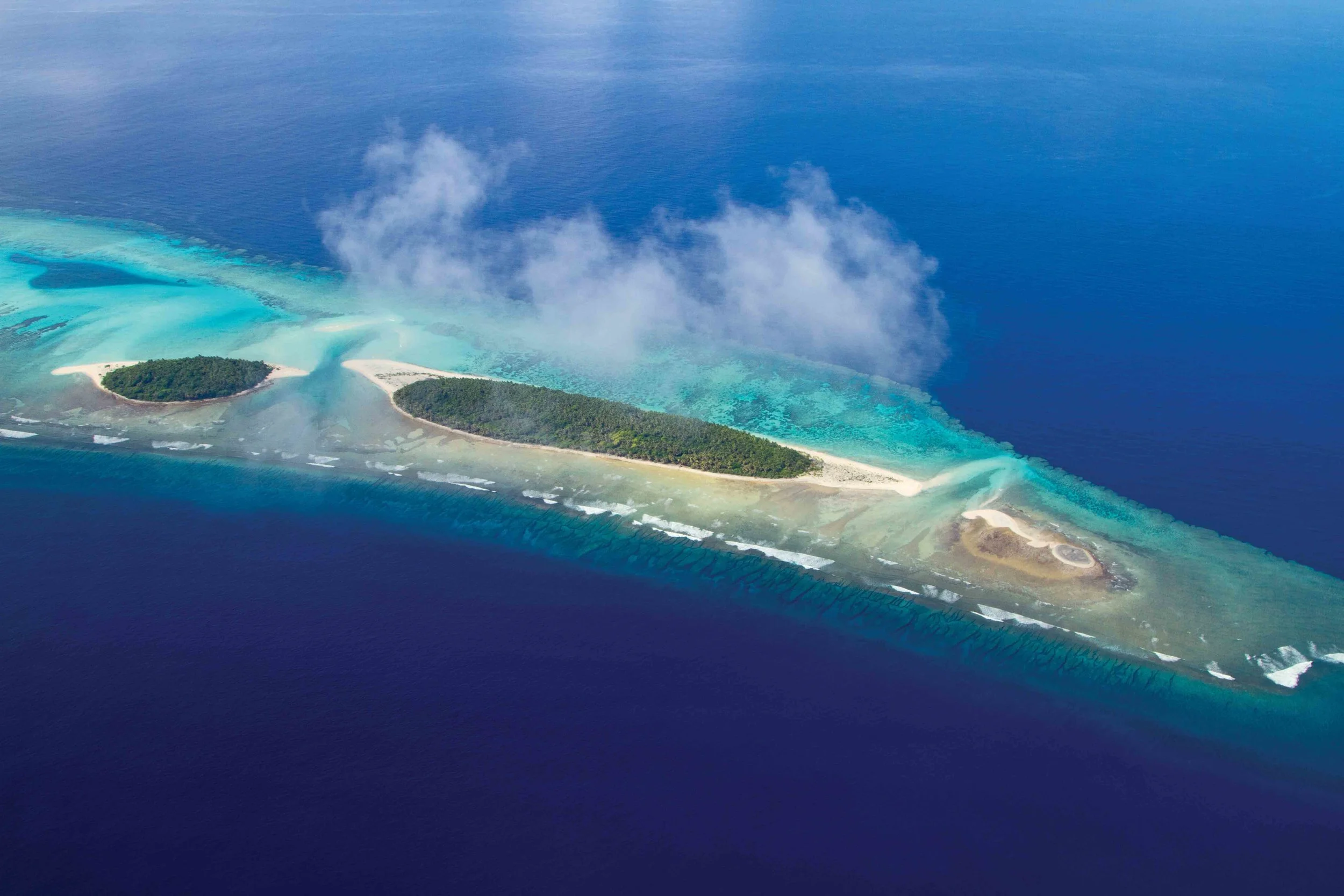
In Micronesia, we partnered with One People One Reef (OPOR), a collaboration founded by marine scientist Nicole Crane of UC Santa Cruz together with island communities. OPOP brings together scientists and Micronesian leaders to protect reef health and food security through a model of true partnership. Here, conservation is not separate from culture: fish are central to daily life, nutrition, and the ties that connect clans. Stewardship follows a traditional system where families are responsible for caring for particular reef areas, reflecting a worldview rooted in looking after rather than owning land and sea.
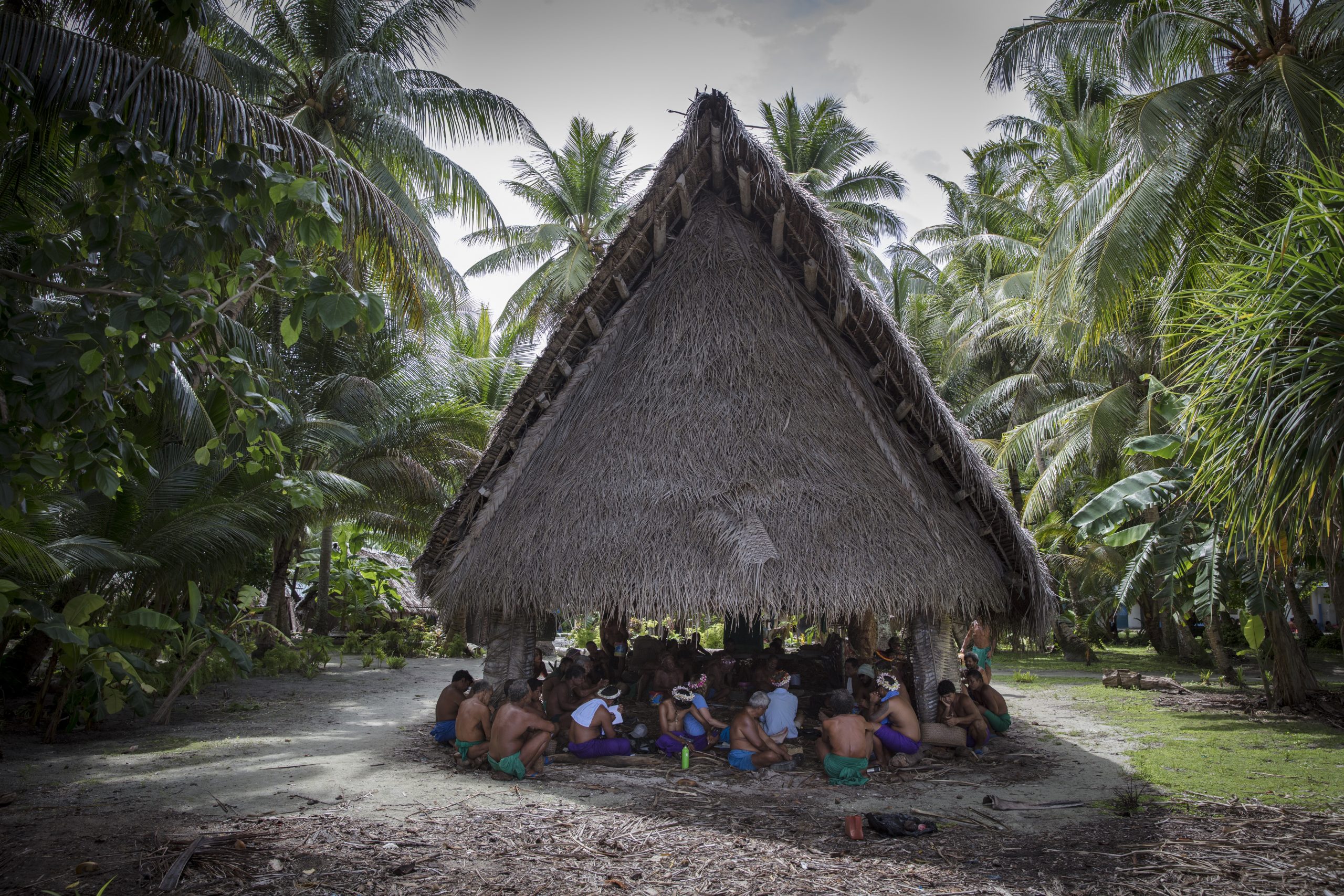
What makes this case study especially important is the distributed nature of power across the community. Roughly fourteen families share responsibility for managing the reef, with decisions made collectively through councils that represent each clan. This structure ensures that conservation is anchored in traditional governance and shared responsibility, rather than centralized authority.
To make these dynamics visible, we used our relational mapping tool to chart the networks of families, councils, and external partners who shape reef management. The maps highlighted how authority flows through kinship, how roles are distributed across clans, and how local systems interact with international actors. This process underscored OPOP’s collaborative approach—one where science supports, rather than replaces, traditional knowledge and leadership.
In parallel, we conducted values exercises with the OPOP leadership team using the AVI (Articulating Values & Interests). Individual values were aggregated into shared “Team Values,” then explored through a workshop where participants reflected on times they lived in alignment—or misalignment—with those values. This process deepened trust within the leadership team and clarified the shared principles guiding their work.
Together, the mapping and values exercises highlighted what makes OPOR distinct: a partnership model where community voices lead, power is shared across families, and collaboration with science strengthens rather than displaces traditional stewardship.
View the map prototype below ↓
Read more in the Revive & Restore Final Report
